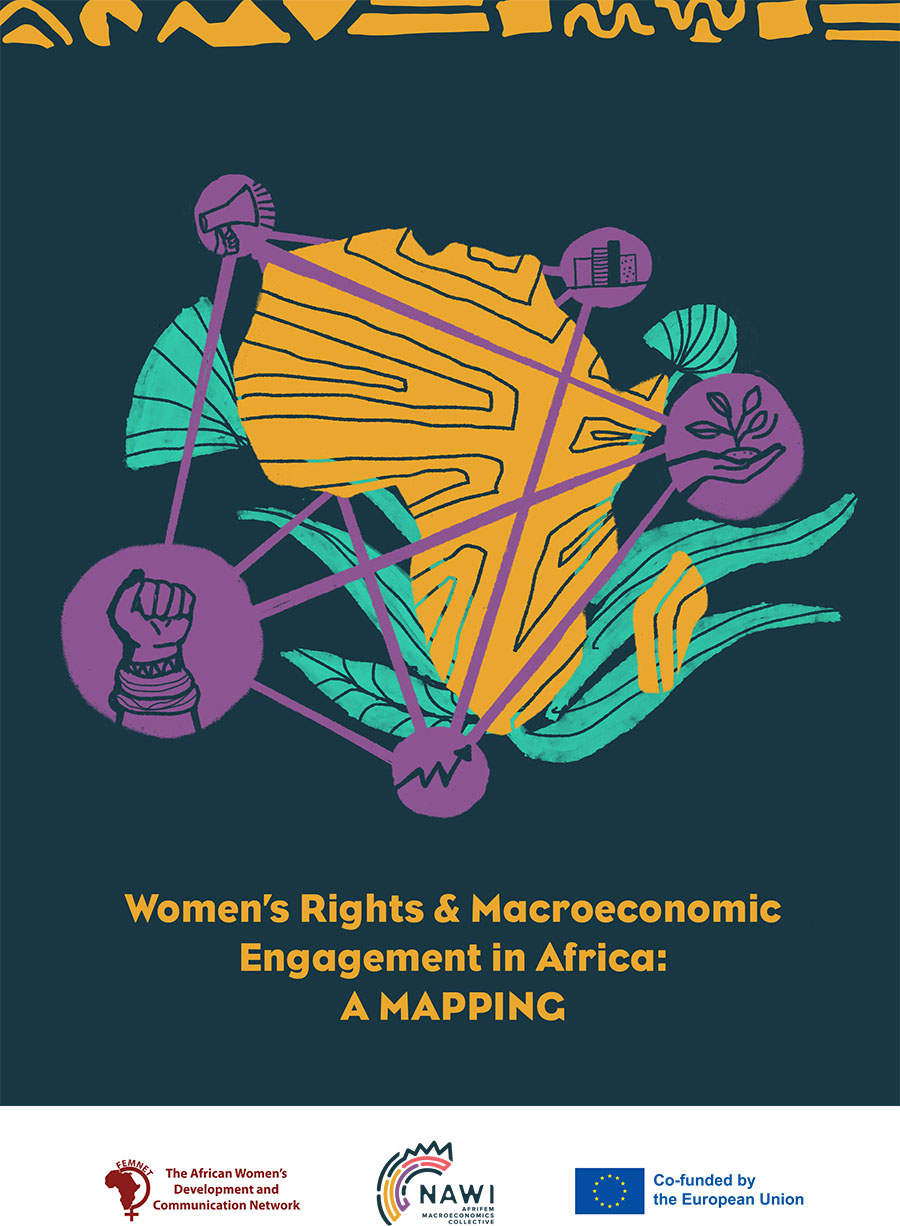
Women’s Rights & Macroeconomic Engagement in Africa: A MAPPING
Although women’s economic empowerment has garnered increasing attention in recent years, this focus has tended to be limited to micro level economic analysis and interventions and macro level policies on employment and livelihoods. At the same time, macroeconomic policies have distinctive consequences that affect people of different genders differently and can either reinforce the extent of women’s socio-economic disadvantage or, potentially, promote a redistribution of resources towards women. Yet, macroeconomic policy continues not to sufficiently integrate gender analysis, let alone to do so in intersectional ways. Interventions for women and girls most often aim to support them to compete equally in existing markets rather than engendering transformational shifts in access to and control over economic resources, access to decent work, control over their own time, and meaningful participation in economic decision-making at all levels from the household to international institutions and policy spaces. Furthermore, the approach to mainstream economics remains excessively narrow and continues to reinforce gender inequalities rather than try to address the challenges at hand – for example with “production” definitions and analysis not including care work and instead systematically undervaluing and most times erasing it from contributions to national GDP and thus “invisiblising” women’s gendered roles in society.






